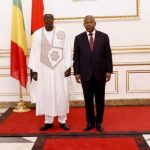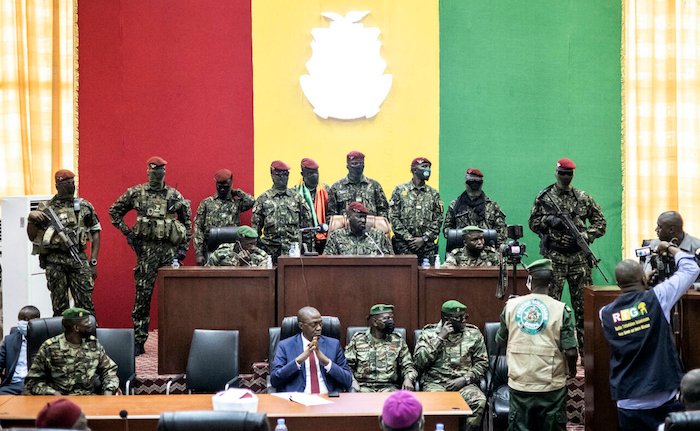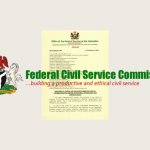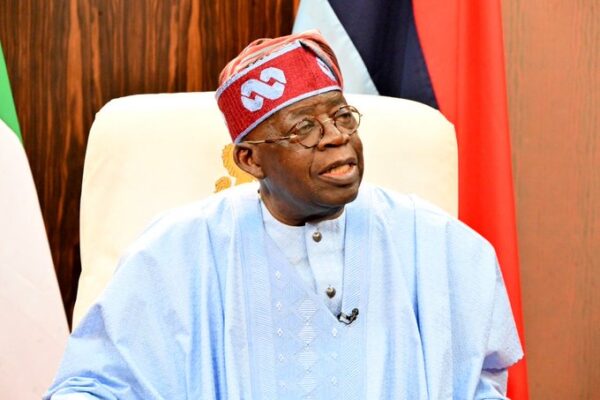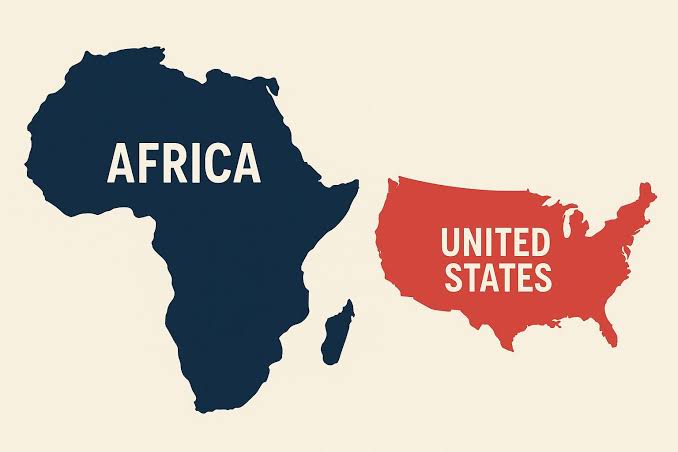
Guinea’s military junta, which seized power through a coup in September 2021, has officially dissolved the government.
The announcement came through a presidential decree read on state television by the presidency’s Secretary General, Brigadier General Amara Camara.
The dissolution of the government, led by Prime Minister Bernard Goumou, was swift and came without a detailed explanation regarding the rationale behind the decision or the timeline for establishing a new government.
However, ministers in the now-dissolved government have been instructed to surrender their passports and official vehicles, with directives for their bank accounts to be frozen.
Security agencies have been directed to seal all of Guinea’s borders until the government ministries are completely handed over to the junta. During the interim period until a new government is appointed, lower-level officials will manage state ministries, according to Camara.
The coup, orchestrated by Mamady Doumbouya, who led Guinea’s armed forces in overthrowing elected President Alpha Condé, followed a series of protests against Condé’s controversial bid for a third term.
Guinea joins a list of several other countries in West and Central Africa, including Mali, Burkina Faso, Niger, and Gabon, that have experienced coups in recent years. These political upheavals have raised concerns about stability and democracy in the region.
The junta and ECOWAS had earlier agreed on a 24-month transition period, during which Guinea is expected to hold elections to restore democratic rule.
With the transition period approaching its end, there is growing pressure for the junta to adhere to the agreed timeline and facilitate a smooth transition back to civilian rule within 10 months.
However, the dissolution of the government has cast a shadow of uncertainty over the country’s political future, raising questions about the junta’s commitment to democratic principles and the rule of law.
Read more: Africa’s Music Stars Rack Up 500+ Awards
About The Author
Related Articles
Bola Tinubu Administration Accused of Enabling Terrorism as NSA Nuhu Ribadu Pushes Terrorist Reintegration with Western-Funded Ex-Fighter Programs
The administration of President Bola Tinubu is running the country on autopilot...
ByWest Africa WeeklyMarch 1, 2026Sovereignty for Sale? African Leaders Under Fire for “Lopsided” US Health Deals Linked to CIA Mind Control Research
A diplomatic firestorm is sweeping across Africa after 17 nations signed on...
ByWest Africa WeeklyFebruary 27, 2026Zimbabwe Rejects $350m US Health Deal Over Sovereignty Dispute
Zimbabwe has formally withdrawn from negotiations on a proposed $350 million health...
ByWest Africa WeeklyFebruary 25, 2026Niger’s President Outlines Vision for Strategic Partnership with China
Niger’s Head of State, General Abdourahmane Tiani, has articulated a renewed vision...
ByWest Africa WeeklyFebruary 25, 2026


